Coronavirus survival guide: how to protect yourself and the new myths busted by the WHO
The spread of coronavirus has fuelled myths about hand dryers, pets and even thermal scanners. This is what health authorities say, offering practical steps to stay healthy.
Illness
Don't miss out on the headlines from Illness. Followed categories will be added to My News.
Since China first alerted the world to cases of pneumonia in the port city of Wuhan on December 31, fears about this strange new virus have spread even more quickly than the infection itself.
More than 85,000 cases have now been reported in 58 countries, with 24 in Australia.
Some 164 people – formerly passengers on the stricken Diamond Princess cruise ship – remain in quarantine in the Northern Territory until March 5.
These are some of the most common myths about 2019-nCoV and how you can protect yourself.
CORONAVIRUS MYTH BUSTERS
Are hand dryers effective in killing the new coronavirus?
No. Hand dryers are not effective in killing the 2019-nCoV. To protect yourself against the new coronavirus, you should frequently clean your hands with an alcohol-based hand rub or wash them with soap and water.
Can an ultraviolet disinfection lamp kill the new coronavirus?
UV lamps should not be used to sterilise hands or other areas of skin as UV radiation can cause skin irritation.
Can thermal scanners detect people infected with the new coronavirus?
Thermal scanners are effective in detecting people who have developed a fever because of infection with the new coronavirus.
However, they cannot detect people who are infected but are not yet sick with fever. This is because it takes between 2 and 10 days before people who are infected become sick and develop a fever.
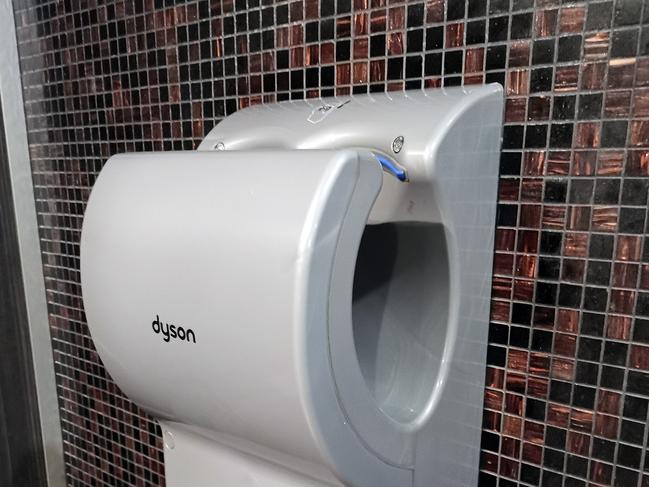
Can spraying alcohol or chlorine all over your body kill the new coronavirus?
No. Spraying alcohol or chlorine all over your body will not kill viruses that have already entered your body. Spraying such substances can be harmful.
Is it safe to receive a letter or a package from China?
Yes, it is safe. People receiving packages from China are not at risk of contracting the new coronavirus. From previous analysis, we know coronaviruses do not survive long on objects, such as letters or packages.
Can pets at home spread the new coronavirus (2019-nCoV)?
At present, there is no evidence that companion animals/pets such as dogs or cats can be infected with the new coronavirus.However, it is always a good idea to wash your hands with soap and water after contact with pets.

Do vaccines against pneumonia protect you against the new coronavirus?
No. Vaccines against pneumonia, such as pneumococcal vaccine and Haemophilus influenza type B (Hib) vaccine, do not provide protection against the new coronavirus.
The virus is so new and different that it needs its own vaccine. Researchers are trying to develop a vaccine against 2019-nCoV.
Can regularly rinsing your nose with saline help prevent infection with the new coronavirus?
No. There is no evidence that regularly rinsing the nose with saline has protected people from infection with the new coronavirus.
Can eating garlic help prevent infection with the new coronavirus?
Garlic is a healthy food that may have some antimicrobial properties. However, there is no evidence from the current outbreak that eating garlic has protected people from the new coronavirus.
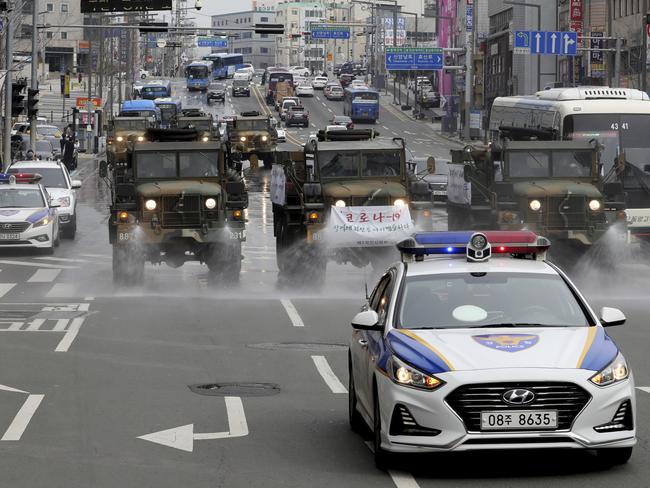
Does putting on sesame oil block the new coronavirus from entering the body?
No. Sesame oil does not kill the new coronavirus. There are some chemical disinfectants that can kill the 2019-nCoV on surfaces.These include bleach/chlorine-based disinfectants, either solvents, 75% ethanol, peracetic acid and chloroform.
Does the new coronavirus affect older people, or are younger people also susceptible?
People of all ages can be infected by the new coronavirus (2019-nCoV). Older people, and people with pre-existing medical conditions (such as asthma, diabetes, heart disease) appear to be more vulnerable to becoming severely ill with the virus.
Are antibiotics effective in preventing and treating the new coronavirus?
No, antibiotics do not work against viruses, only bacteria.
The new coronavirus (2019-nCoV) is a virus and, therefore, antibiotics should not be used as a means of prevention or treatment.
However, if you are hospitalised for the 2019-nCoV, you may receive antibiotics because bacterial co-infection is possible.
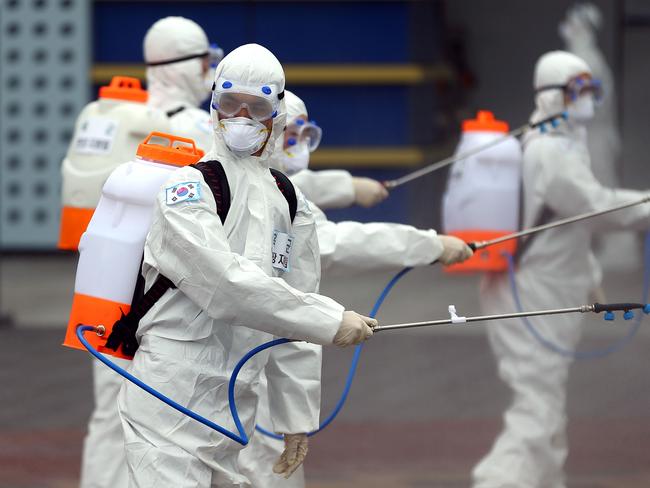
Although the news of the virus is concerning, health authorities say there are easy, practical steps you can take to ensure you and your family stay healthy.
SYMPTOMS
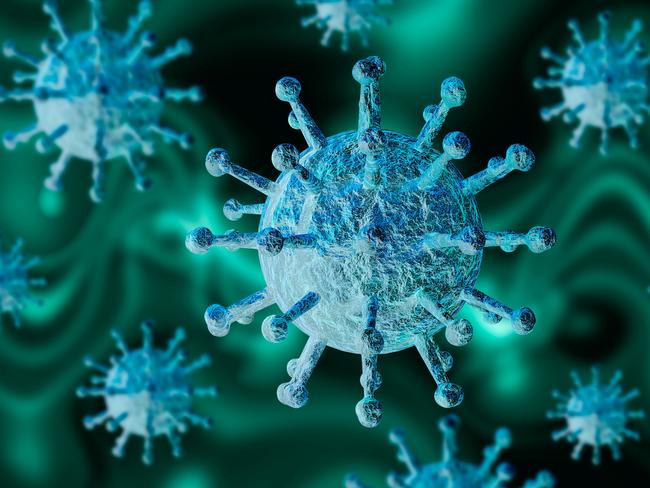
Symptoms of COVID-19, the disease we know as coronavirus, can range in severity from being like a common cold to being on par with severe illnesses such as SARS.
The Department of Health states that some people will recover easily – as has been the case with the first 15 Australians who were infected – but others may get very sick very quickly. People with compromised immune systems and the elderly are at greater risk, although people of all ages can be affected. The Australian Medical Association states that 94 per cent of people who have died from the virus so far were over the age of 50.
The onset can be marked by fever, and/or shortness of breath and/or flu-like symptoms such as coughing, sore throat and fatigue.
It takes between five and 14 days before people who are infected become sick and develop a fever – but the AMA warns that this time frame could even be longer. The illness generally peaks between day nine and 13, though hospitalisation is usually evident on day five, the AMA says.
HOW INFECTIOUS IS IT?
At the moment, rates of infection are doubling every six to eight days. The virus is transmitted from person to person via bodily fluids, airborne droplets and through contact with surfaces. It is estimated that each infected person could potentially infect another two to four people.
The rate of new cases outside of China yesterday eclipsed the rate of new cases within China for the first time.
WHO director-general Tedros Adhanom Ghebreyesus describes the sudden increases in new cases in Italy, Iran and South Korea as “deeply concerning”.
HOW SERIOUS IS IT?
COVID-19 has a mortality rate of 2-3 per cent. That means for every 100 people who get infected, two or three will die.
As of Thursday February 27, there had been a total of 2718 deaths in China and 43 deaths in the rest of the world.
IF YOU ARE AT RISK OR UNWELL
The Australian government requires anyone who is at risk of contracting coronavirus, either from having been in mainland China or having exposure to a sick person, to self-isolate themselves for 14 days.
The virus is detected via a nasopharyngeal swab, and by blood tests.
The AMA recommends all health professionals who deal with suspected coronavirus patients should treat them in a non-occupied room, whether or not respiratory problems are present, and provide them with a face mask.
VACCINE
There is at present no vaccine for coronavirus. Development is under way – including research work at the University of Queensland – but the AMA advises that a vaccine is still likely to be 12-18 months away.
HOW TO PROTECT YOURSELF AND YOUR FAMILY
BASIC HYGIENE
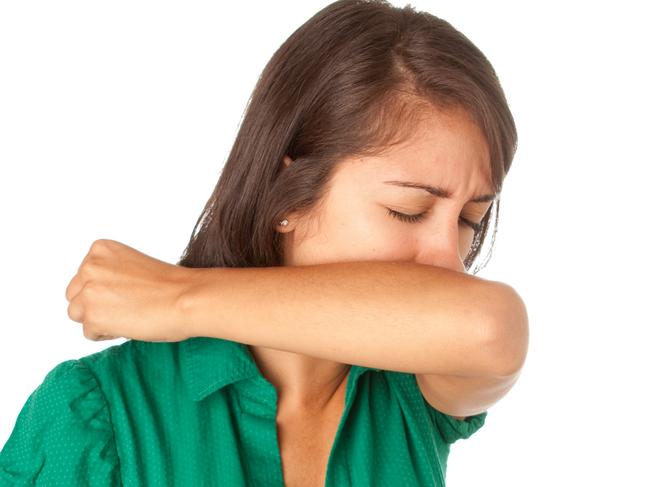
Cover your mouth and nose when you cough or sneeze. Dispose of the used tissue immediately – don’t leave them lying around. Medical professionals advise that if no tissue is immediately available, it is safer to cough or sneeze into your flexed elbow rather than your hands.
Regularly and thoroughly clean your hands with an alcohol-based hand rub or wash them with soap and warm water. Do it more than you otherwise might, particularly if you have been out in public. Wash them for at least 15 seconds, ensuring that all parts of the hands are attended to: palms, fingers and fingernails.
One study cited by The New York Post said that hand washing during the SARS epidemic reduced the transmission of the virus by 30 to 50 per cent.
If you do use a hand sanitiser, health authorities urge using the kinds that have at least 60 per cent alcohol content.
Avoid touching your eyes, nose and mouth. Hands touch many surfaces and can pick up viruses. Touching eyes, nose or mouth afterwards can enable the virus to enter your body.
CLEANING
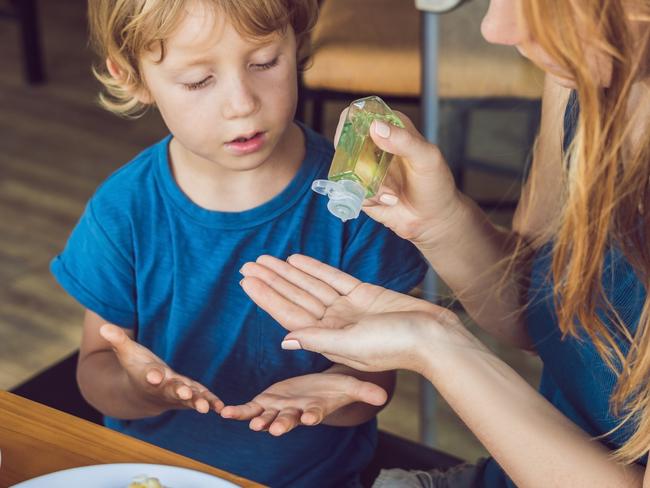
Regularly clean surfaces that are frequently touched such as door handles, light switches, kitchen and bathroom areas, and items that might be touched by multiple users such as keyboards and telephones.
The AMA states that the virus survives for 48 hours on surfaces at room temperature – about the same as for the flu. However it is worth noting that a US Journal of Hospital Infection study found related viruses could survive for nine days on some surfaces. Those same studies found that traces of related coronaviruses on surfaces could be easily removed by household disinfectants.
BE INFORMED
Read credible news sources for information and public health messages from government; don’t believe everything you read on social media, advises Professor Allen Cheng, president of the Australasian Society for Infectious Diseases.
Bookmark sites such as health.gov.au so you can be across latest government information about the virus. With the number of affected countries increasing day by day be aware that advice may change quickly.
USING FACE MASKS
The Australian government advises that people do not need to wear face masks if they are well, but the masks are helpful in preventing people who are infected from spreading coronavirus to others.
Stocks of face masks have been depleted from various retailers. The government advises that if unwell people do need to leave home, but they don’t have a mask, they should take care to not cough or sneeze on others.
MEDICATIONS
If you or a member of your family is reliant on medications, consider booking a visit to your GP now so you don’t have to visit a clinic later.
HOUSEHOLD SUPPLIES
There is no need to panic buy items, but ensuring you have a decent supply of some household supplies such as laundry powder, nappies and pantry staples may prevent the need for supermarket visits later.
Representatives from Chemist Warehouse and Woolworths said masks, hand sanitisers and gloves were all in high demand.
“They come in sporadically and in limited numbers,” a Chemist Warehouse spokesman said. “We are really in the hands of suppliers/manufacturers whose current supplies cannot keep up with demand.”
FLU VACCINE
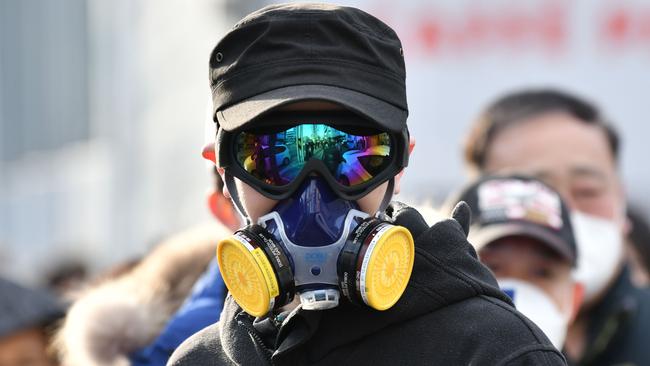
The annual flu vaccine will not protect you from coronavirus, but the flu will also be in circulation over the cooler months, and it remains a good idea, particularly for at-risk groups. The 2020 vaccine will be available in about a month, Prof Cheng said.
MAKE PLANS
If you have dependent children, adults or pets, speak to family and friends about caring arrangements in case you should feel unwell and require isolation.
WORK FROM HOME
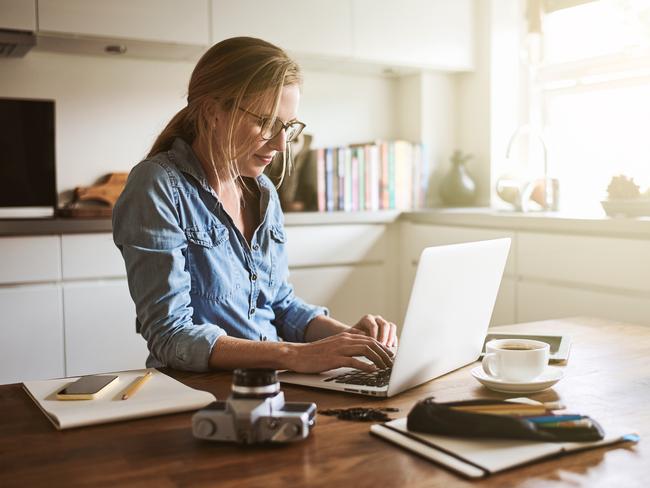
Talk to your employer now about what working from home arrangements you can put in place if you suspect you may be starting to feel unwell. The same advice applies for schools.
KEEPING DISTANCE
The World Health Organisation advises keeping at least one metre between yourself and anyone who is coughing or sneezing. If you are too close, you can breathe in airborne droplets, including the virus if the person is infected.
TRAVELLING OVERSEAS
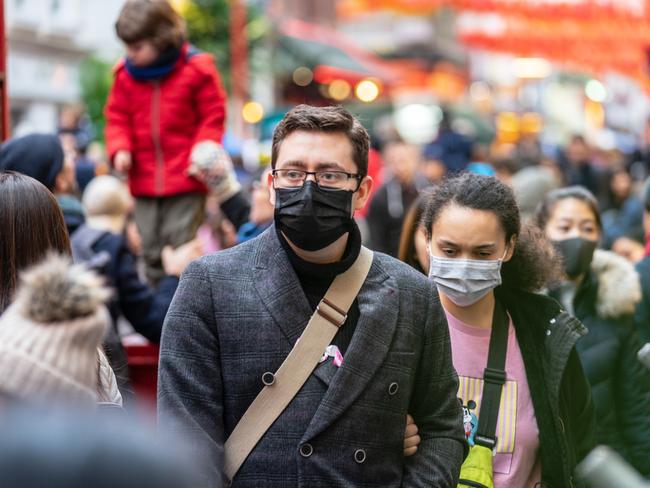
The Department of Foreign Affairs and Trade Smart Traveller website warns of heightened risk of transmission and significant outbreaks in the Lombardia and Veneto regions of Itay, Iran, Japan and Daegu and Cheongo in South Korea.
The government’s unprecedented ban on all travellers from China was extended yesterday for another week.
DFAT advises travellers to get medical advice if they are pregnant, have compromised immune systems or chronic medical conditions, or if they are planning on travelling with young children, babies or elderly people.
“Understand the risks you’re taking and that efforts to control the spread of COVID-19 may cause further travel disruptions and restrictions,” DFAT urges travellers.
Bookmark smarttraveller.com.au so you can stay aware of updates.
WHAT IS THE GOVERNMENT DOING
Although the coronavirus has not yet officially been deemed an epidemic, Prime Minister Scott Morrison said the Australian government was operating on the basis that such a declaration had been made.
State and federal health ministers are meeting to discuss next steps.
Mr Morrison said there was no need to cancel mass gatherings at this stage.
“You can do all of these things because Australia has acted quickly, Australia has gone ahead of this at this point in time,” he said.
Originally published as Coronavirus survival guide: how to protect yourself and the new myths busted by the WHO


